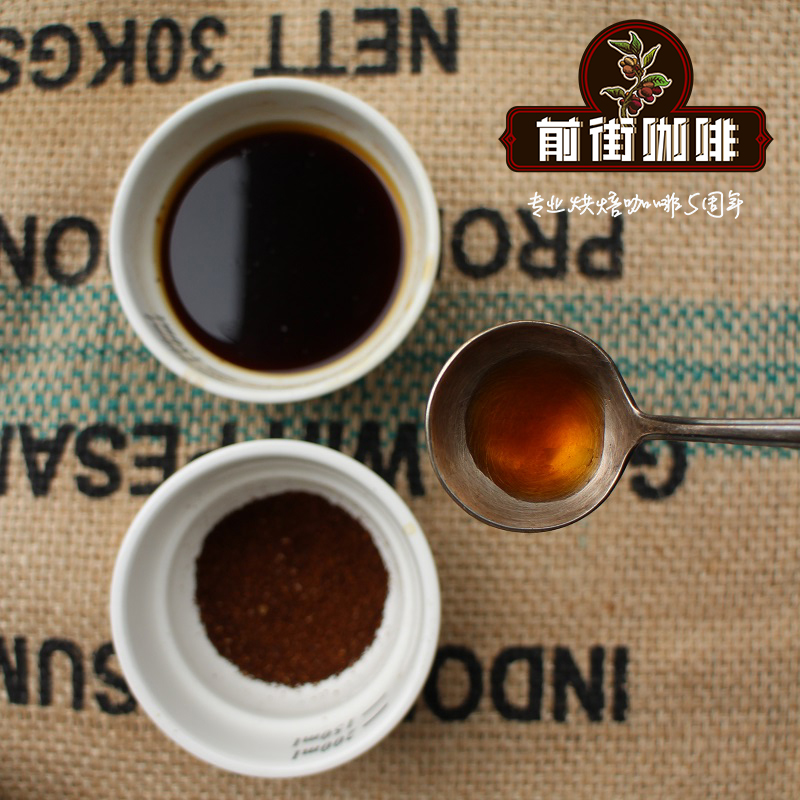What is the most typical coffee in Yemen? how does Yemeni coffee taste?

Professional coffee knowledge exchange more coffee bean information please follow the coffee workshop (Wechat official account cafe_style)
Each culture has produced its own unique technology in the process of development. Japanese paper, Indian silk and Persian carpets. And in Yemen, there is coffee.
Every country has products exported from foreign trade, and the craftsmanship of these products reflects the vitality, life and history of the country. In Yemen, what best reflects its uniqueness is the history of its coffee trade and the life of coffee growers handed down from generation to generation.
Yemeni coffee
In the 15th century, Sufi monks in Yemen began to drink coffee, and they grew and produced coffee for trade. Over time, Yemenis take advantage of Yemen's special climate and terrain to produce unique and delicious coffee.
However, great things seldom sneak into the world and are rarely ignored. Yemeni coffee will soon become an important factor in economic, historical and cultural transformation, and it still has a far-reaching impact around the world.
Modern mocha coffee
Coffee was first discovered in Ethiopia, followed by Ethiopia's neighbor Yemen, which began to produce coffee with unique flavor with its unique microclimate and high altitude location. Yemen is the first country in the world to produce coffee on a large scale as a crop. The native variety of Yemeni coffee is called Udaini (Udaini), which is an ancient tin card variety, which is very similar to Rosa.
Since the 16th century, in the following 150 years, Yemen was once the only producer of coffee beans in the world, and all coffee was exported across the Red Sea through the port of Mocha, so mocha coffee was a vague feeling. Basically, East African and Yemeni coffee from the Red Sea to the Arabian Sea was called mocha coffee, which awakened this remote port, under the protection of the Ottoman Empire. Yemen carefully manages its caffeine products, insisting on not selling live coffee trees and seeds, establishing a global coffee monopoly market.
Flavor and taste
Yemeni coffee is smaller and more round than most coffee beans, with a light green color, and its shape is very similar to that of Harald or Yega snow coffee in Ethiopia. Yemeni coffee is characterized by its fruity flavor, spicy taste and nutty flavor.
END
Important Notice :
前街咖啡 FrontStreet Coffee has moved to new addredd:
FrontStreet Coffee Address: 315,Donghua East Road,GuangZhou
Tel:020 38364473
- Prev

Where does manning coffee come from? what kind of manning coffee does it belong to?
Professional coffee knowledge exchange more coffee bean information please follow the coffee workshop (Wechat official account cafe_style) Manning has always been the most unique bitterness to show its most unique sweetness, like the joys and sorrows of life. No matter how much sugar you put in, you can't hide the bitterness. When you first tasted her, it was amazing. But the charming aroma makes us unable to control our crazy fascination with her.
- Next

Which country is mocha coffee | description of the taste characteristics of mocha coffee
Professional coffee knowledge exchange more coffee bean information Please follow the coffee workshop (Wechat official account cafe_style) for many coffee lovers, they have heard of a very old, very old, but also very familiar term Yemeni mocha. Once upon a time, when boutique coffee was not yet popular, the name of a coffee product called mocha often appeared on the menu of a coffee shop.
Related
- Beginners will see the "Coffee pull flower" guide!
- What is the difference between ice blog purified milk and ordinary milk coffee?
- Why is the Philippines the largest producer of crops in Liberia?
- For coffee extraction, should the fine powder be retained?
- How does extracted espresso fill pressed powder? How much strength does it take to press the powder?
- How to make jasmine cold extract coffee? Is the jasmine + latte good?
- Will this little toy really make the coffee taste better? How does Lily Drip affect coffee extraction?
- Will the action of slapping the filter cup also affect coffee extraction?
- What's the difference between powder-to-water ratio and powder-to-liquid ratio?
- What is the Ethiopian local species? What does it have to do with Heirloom native species?

